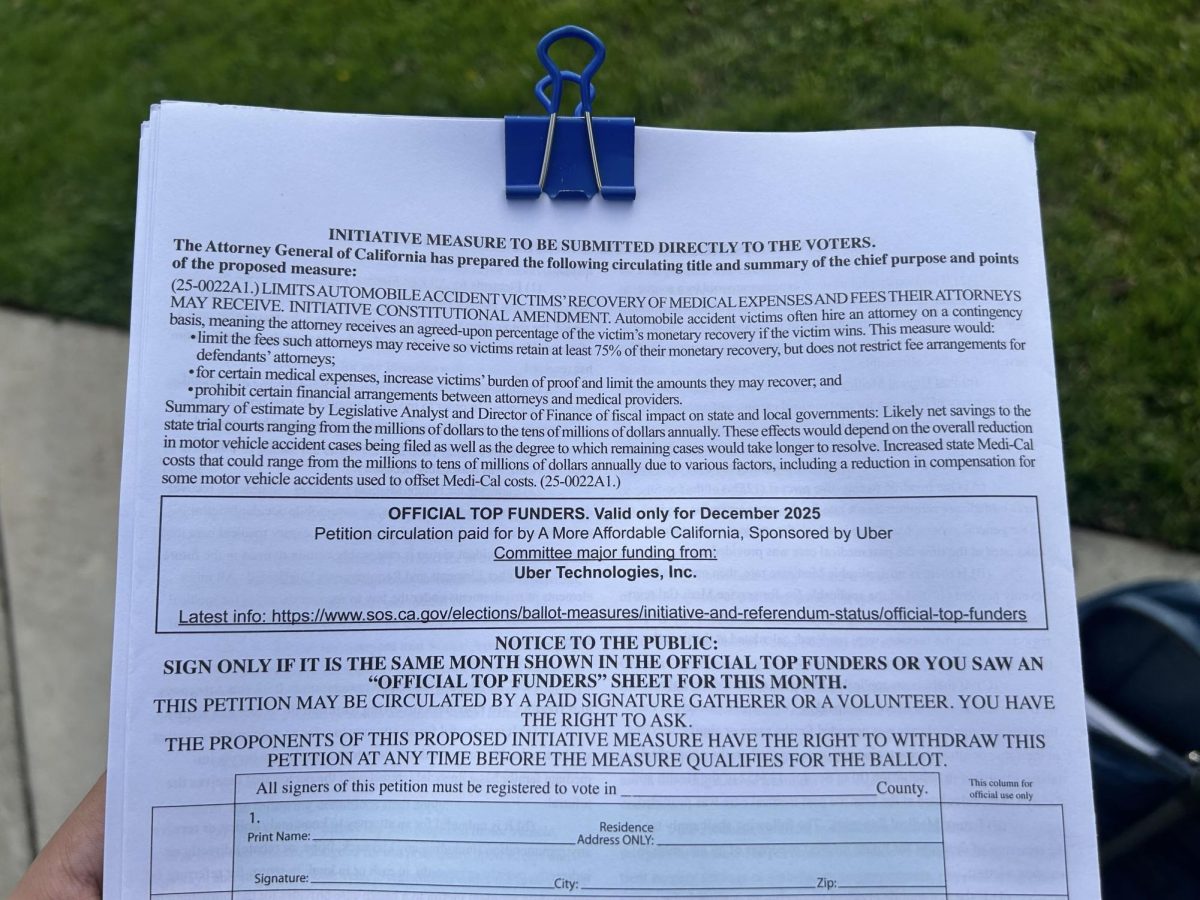-Lauren Cohen, 20, is a CSUN communication studies major and adolescent development minor.
The CSUN Greek system has been greatly flawed for years. It has not only caused controversy among the news, but also started disputes among one another as members of a Greek organization.
CSUN hazing incidents resulting in the surrender of Pi Kappa Phi fraternity’s chapter, and the ongoing hazing thereafter, resulting suspensions of Pi Kappa Alpha Fraternity and Tau Kappa Epsilon fraternity, are the primary events that were looked at by viewers.
What has been greatly neglected are the flaws in the Greek community that the university attempts to steer away from disbanding after all that has occurred.
Through my own first hand experience after a few years as a part of the Greek community before leaving in fall 2015, I’ve witnessed that many issues of the Greek system are swept under the rug. They are ongoing problems only members talk about within themselves.
Hazing has been an issue in the CSUN Greek community, but consider this – if a tree falls in a forest and no one is there to hear it, does it make a sound?
If nothing hit the news this year about hazing in the CSUN Greek community, does that mean everyone miraculously stopped?
According to national statistics from Inside Hazing, “nine out of 10 students who have experienced hazing in college do not consider themselves to have been hazed.”
The more we continue to turn a blind eye to the matter, the more things will continue to erupt over time.
Members of the Greek community are subjected to a great deal of criticism from those both outside and inside their community. For a brotherhood or sisterhood, that isn’t brotherly or sisterly at all.
To be fined for being unable to attend events, or in the case of girls in sororities, being sent home for not looking what they would define as, on point, and fined a dollar for every minute you’re gone to redo your hair, makeup and nails, is accepted by these members. No one seems to question whether that is deemed as hazing or not.
If students are punished with fines on top of the ridiculous amount of dues payed because you don’t look the way they want you to look – that should be classified as hazing.
Alumnae of sororities are notorious for not keeping out of a collegiate member’s business. If they are informed of something other members do not like about her, that member is talked to and in many cases, they’re spoken to in a harsh manner.
I do not believe in conformity. I believe in diversity.
For any organization or its alumni to tell a member who to befriend, which organizations to like and to pretend to like, how to look, dress, act and what you can or can’t post online, can not only serve as a form of hazing, but also an example of hypocrisy and fakeness.
To say your organization is based off of diversity is ludicrous if members must conform to your standards.
To get messaged every time I chose to post something controversial on my public pages to take down what I post or change my language essentially also stripped me of my first amendment right to state my opinions.
I don’t recall signing away any of my rights when I accepted a bid of membership three years ago, so to attempt to strip your members of that is wrong. For members to accept this as a reality in order to be accepted into the organization is even worse.
Even after I left my organization, alumnae still continued to try to get me to change my language online, and didn’t stop until I told them I was out and that was final. But they shouldn’t have tried to change me in any way to begin with.
These organizations are about the images they put out in order to get new members every semester.
These social media images of sisterly and brotherly love are fake. They keep new members in the dark about it until they’re active and finally see the fakeness for themselves in order to keep their organizations running.
If they don’t like your image, they will make sure you’re aware of it. This is why I refer to them as boys and girls. They are childish and have a great deal of room to mature and realize their wrongdoings.
Had I not been diagnosed with medical issues that require many treatments, I would have been no different than every other member who complains about being there, but never leaves.
In the process of, “Going Greek,” I lost myself for a while. I was diagnosed with depression and generalized anxiety disorder and for what — to simply try and fit in.
Even when I left my organization for medical treatments, I continued to deal with girls from my organization telling me off saying I was, “never a true sister, just a b—-.”
The true question is, at what cost are you prepared to become accepted, and even then, will they accept you, or a false image of you?
I am here as a former CSUN Greek to tell you to please reconsider the decision to join one of these organizations.
You’re choosing to potentially join an organization that tries so hard to gain respect from the outside community when the reality is they can’t even respect each other, but rather choose to harm each other from a variety of different angles.
Hank Nuwer, author of “Wrongs of Passage” said, “hazing is an extraordinary activity that, when it occurs often enough, becomes perversely ordinary as those who engage in it grow desensitized to its inhumanity.”






